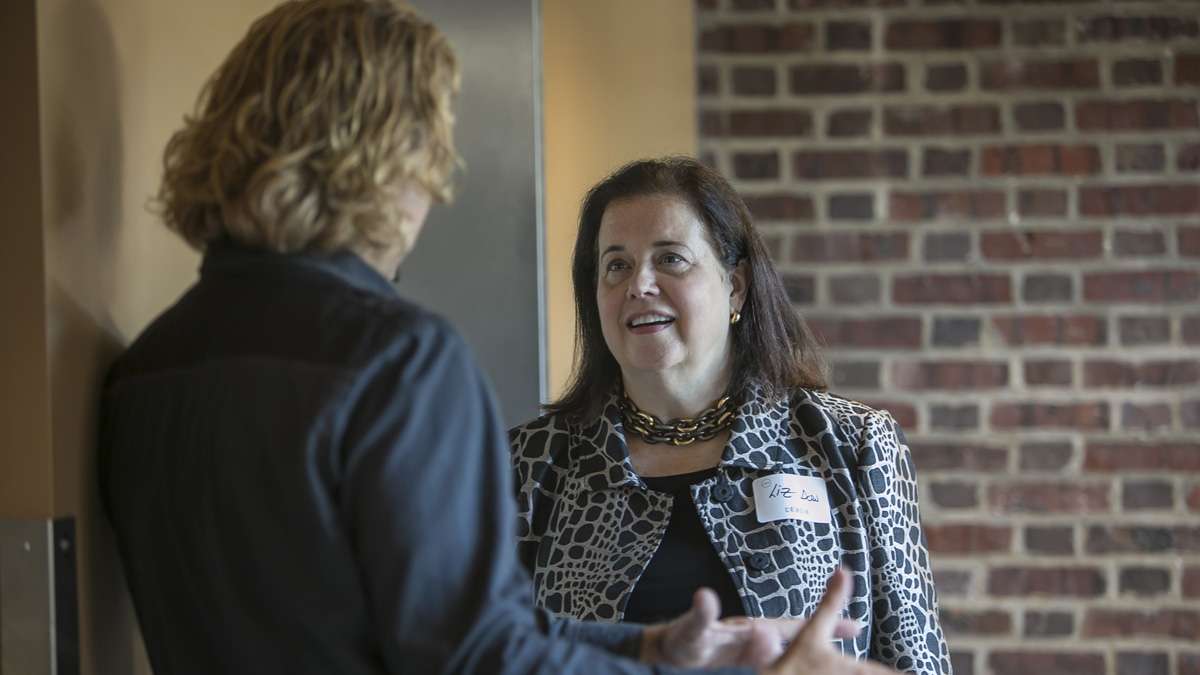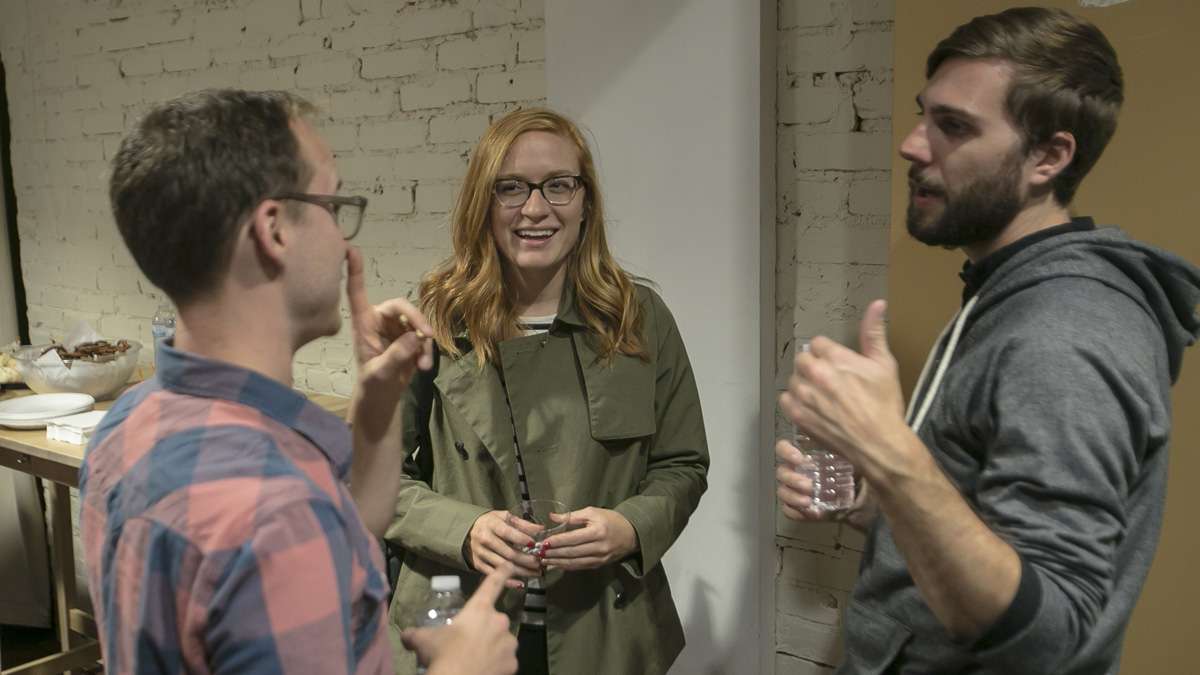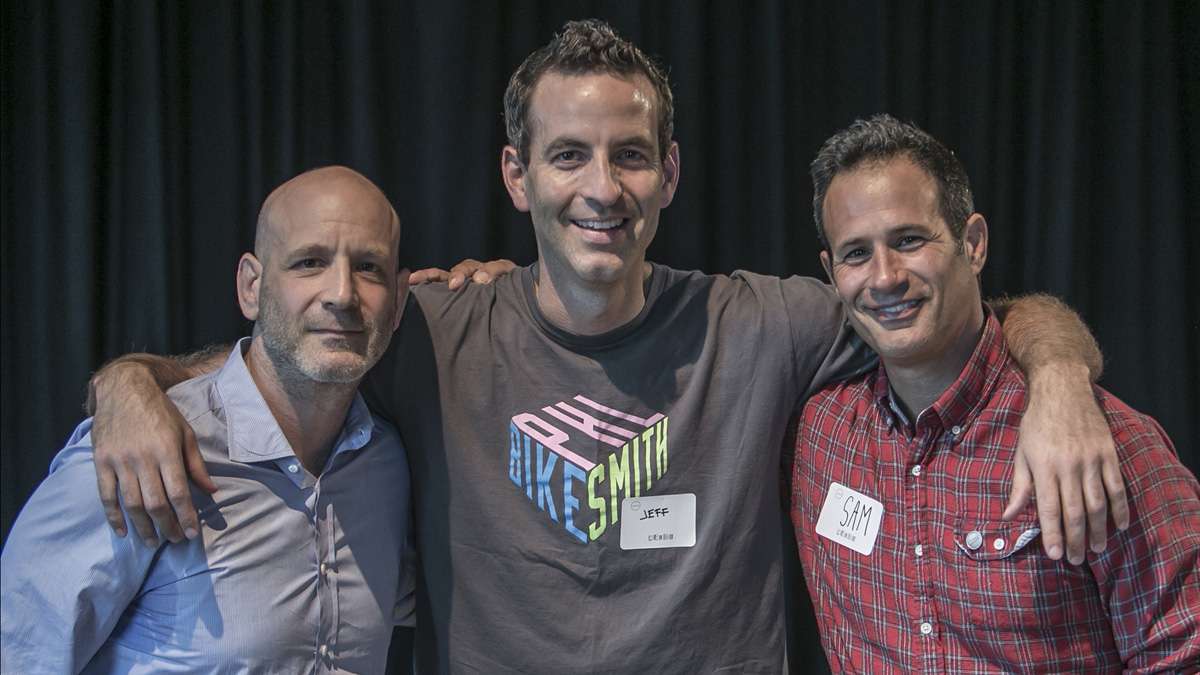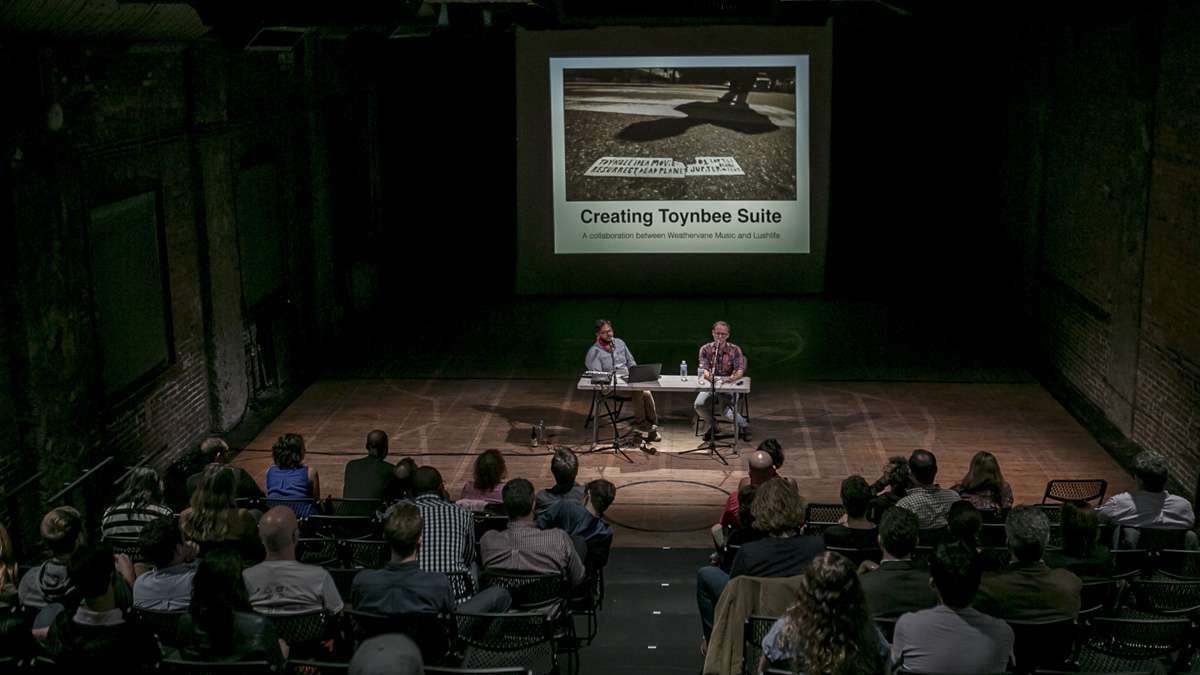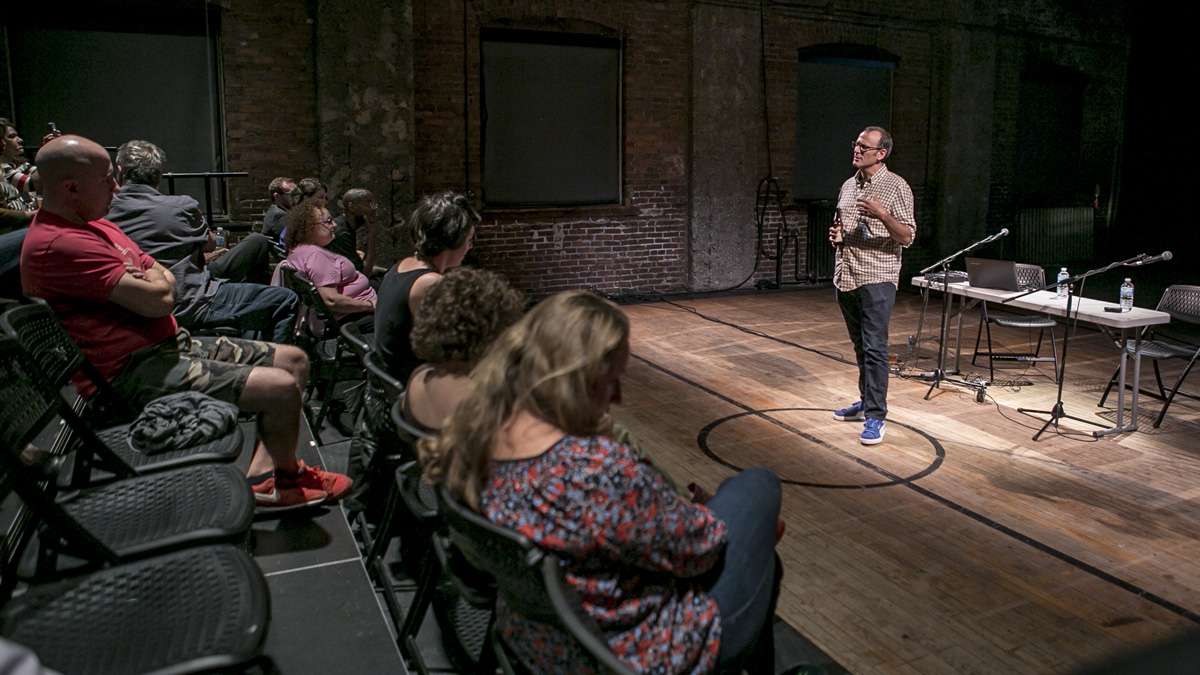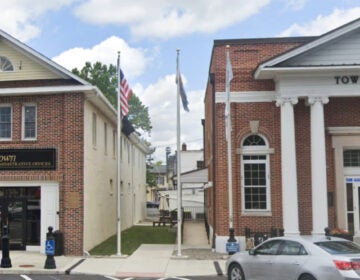Philly business folk seeking ‘the inner wisdom that makes work fruitful’
I was lucky enough to participate in the second annual Junto Retreat in Philadelphia in September. I spoke to organizer Geoff DiMasi about how this incarnation of the junto can shape people’s search for meaning in their work.
Last week on Krista Tippett’s public radio series On Being, columnist Parker Palmer remembers a passage written by the Trappist monk and activist Thomas Merton around 1970 about overworking. The “violence” of overwork, Merton wrote, was “killing the root of inner wisdom that makes work fruitful.”
Palmer recalls that the words were striking to him at the time, when he was working as a community organizer in Washington, D.C., and ever since then he’s always used this question as a touchstone: “What do I need to do right now to tend the root of inner wisdom that makes work fruitful?”
Philadelphia comes together
I was lucky enough to participate in the second annual Junto Retreat at Neighborhood House of Christ Church in Old City in Philadelphia, which focused on exactly that fruitfulness and inner wisdom in work. The junto — taken from a Latin root meaning “to join together” — was first formed by Benjamin Franklin in 1727 for Philadelphia businessmen who wanted to improve the city through the work of their businesses.
It’s had various incarnations over the centuries, and, in 2006, Geoff DiMasi, principal and founder of the design firm P’unk Ave, took Ben’s inspiration to gather Philadelphia business leaders to ask how business can play a role in the vibrancy of the community. Last year, he expanded the concept into a days-loing retreat.
“Every great community has great businesses,” DiMasi says. “I grew up when the idea of business was bad, and businesses had lost their human center. It was just about extracting resources from people. A lot of us dropped out of that world, but Junto helped us realize that business can be self-expression, and it can be for good, not solely focused on profit.”
DiMasi added something that really struck me: “The more you separate yourself from being a witness to what’s going on, the easier it is to become inhuman.”
That’s what I heard in the questions, discussions, and even the social chat at the retreat: the need to be human. Far from remaining abstract, the question was made concrete in how people made day-to-day decisions and took realistic and creative steps to live out their need to do good in the world.
Finding the human context in work
So following my essay last week on the broader picture of work and meaning, and how that’s a front-burner part of civic discussion these days, I called DiMasi up again. With a month gone by since the retreat, participants had had a chance to process their experiences, and I was curious to know how DiMasi saw this incarnation of the junto and how it further shaped people’s search for meaning in their work.
Susan Richardson: Why did you decide to plan a Junto 2014?
Geoff DiMasi: It had felt like the 2013 retreat was a scary idea: Does anyone care? Is there a direct need? Do people want to be more purposeful and thoughtful in their work, and what they want in the world with the work they do? I saw a disconnect in the working world around me, so I felt I needed to make this space of being both for profit and for good, of thoughtful business.
Once we did it, though, it really resonated with people, and I could see there was something to that [space]. It affirmed that people wanted their selves and their work to be connected. The way the Junto was structured, Ben Franklin was not a religious person, he didn’t think there was only one way to talk about values and doing good in the world, but that anyone had that potential.
SR: What did you feel you saw happening as the hours unfolded at the retreat, and as you watched people listening, talking, journaling and socializing?
GD: One thing was people realizing they weren’t alone. They came to the retreat with that hunch that it was for them and yet wondering what would happen. People felt they could work through this together.
[In the retreat], people were called to do things that felt uncomfortable with at first, but they trusted the speaker and went into new territory. Lots of the people who came were leaders in their companies, who are focused on working for others, so it was good to see them take time to focus on themselves. The point of the retreat was not just to load them up with content [like most business conferences], but to build in chances for processing and journaling by hand.
SR: What memory stands out for you as a reminder of the heart of what the retreat was about?
GD: The end of the retreat, when we were all sitting quietly in the theater, we all had a chance to process and recharge. The energy was building up over the three days. Then to sit quietly, and let enough silence be there to let people feel ready to talk. And to hear people say “I want to do more.”
SR: Does it leave you with any reflections about the yearning among Philly networks to talk about work and meaning?
GD: The original idea was: How do I find colleagues with similar interests? The difference after the 2014 retreat is that now I know it’s about further enhancing the framework of how we make decisions in our businesses, more of a consensus process. The more form we give to this framework, the more I realize it’s not so much just about colleagues but more about how we make decisions. It was important for me to realize.
The need for colleagues was a symptom. When you’re leading, you make a lot of decisions — sort of like a prophet. So, how can you make decisions that you don’t feel are out of line with decisions you’d make in your life?
WHYY is your source for fact-based, in-depth journalism and information. As a nonprofit organization, we rely on financial support from readers like you. Please give today.


